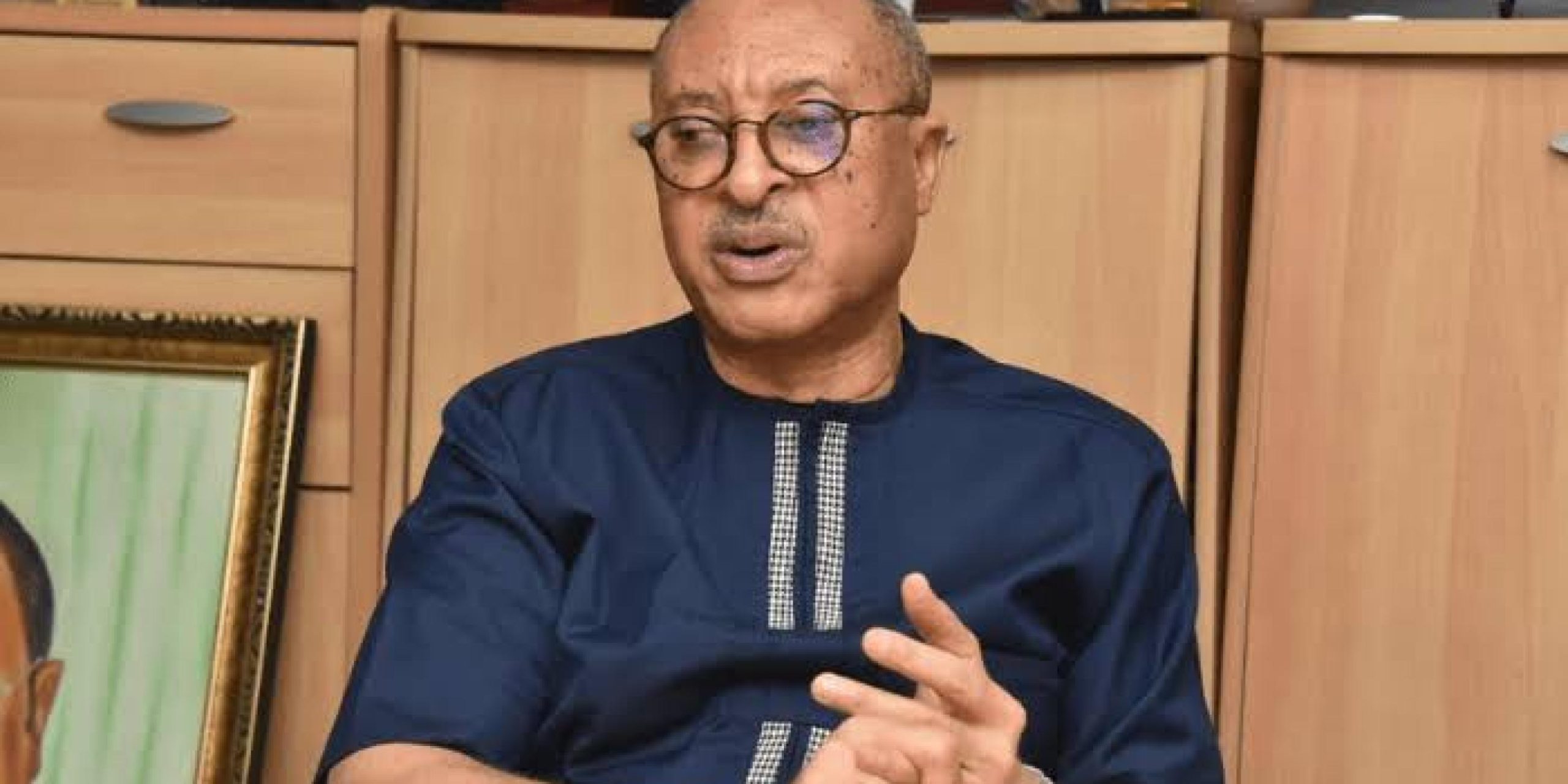News
Prof Pat Utomi, has slammed Nigeria’s ruling class, describing them as an “army of occupation”

Nigeria’s political economist, Prof Pat Utomi, has slammed Nigeria’s ruling class, describing them as an “army of occupation” that has subjected the people to untold misery.
In a statement issued on Friday on his X social media page, Utomi lamented the dire state of governance in Nigeria under President Bola Tinubu, saying that the country is effectively under the control of “criminal networks” masquerading as elected officials.
“Today feels heavy. The Nigerian people are a conquered people. The political class is an army of occupation engaged in scorched earth tactics,” he said.
The prominent academic painted a grim picture of life for ordinary Nigerians, highlighting widespread food insecurity and rising crime rates as evidence of a deepening crisis.
“For a majority of the people, misery is their portion, whether it be from food insecurity or the many crimes that are now commonplace,” he stated.
Utomi’s remarks underscore growing public frustration with the country’s leadership, amid economic hardship, high inflation, and escalating security concerns.
He accused those in power of lacking empathy for the suffering masses, likening them to the biblical “pharaoh that knew not Joseph.”
“The governance of the commons is in the iron grip of criminal networks of people who claim to be elected,” he continued.
“But these people have no compassion in their souls,” he added.
His words echo broader discontent among Nigerians who have long decried corruption, poor governance, and a lack of accountability from those in leadership positions.
Despite calls for reform and better governance, many Nigerian citizens remain disillusioned with a system that appears unresponsive to their needs.
Utomi’s statement, which concludes with the lamentation, “Cry, the beloved country,” resonates with a growing sentiment of despair and urgency for change in Africa’s most populous nation.
His comments are likely to fuel further debate about the direction of Nigeria’s democracy and the responsibilities of its leaders in addressing the worsening economic and social crisis.






